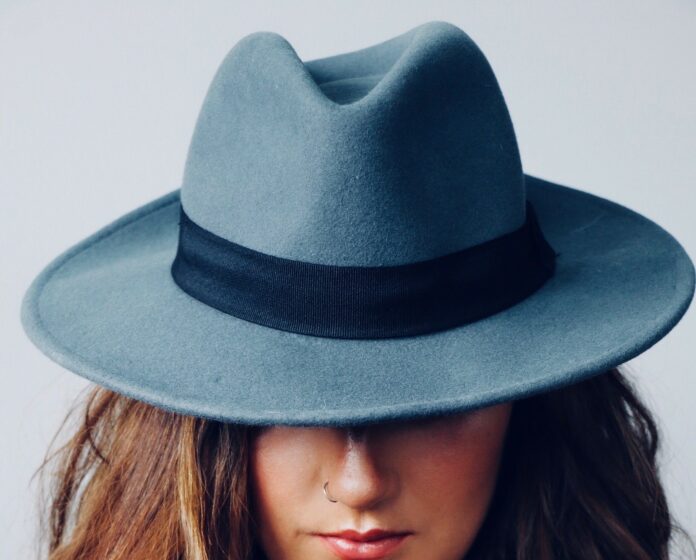“I have to say, that is a very nice hat!” I told the man as he passed me on the sidewalk.
The man in the snazzy blue fedora had a serious look on his face as if he was thinking deeply about something far more important than the indigo-blue hat with the red feather sitting on his head.
But whatever less-than-cheerful thought had been preoccupying him (The gathering clouds? The declining stock market? His expanding waistline?), it was whisked away when I complimented his dapper blue hat, and his face broke into a genuine smile.
I know people who say you shouldn’t compliment strangers.
“It is intrusive,” they say. “It’s fake.” “Nobody wants a stranger commenting on their appearance!”
I think this is a load of nonsense.
Everyone likes a compliment. I think it means even more coming from a stranger. I don’t interrupt conversations to compliment someone. I don’t make things up or compliment something I don’t genuinely admire. I don’t think anyone has ever looked offended when I told them they looked good or something they were wearing was attractive.
I find myself complimenting strangers several times every day. I try to pay attention when I’m on my walks. I try to savor whatever is interesting or beautiful, and, much of the time; this is either dogs (because dogs are always interesting and beautiful), or people. I have also complimented gardens, but the people responsible are rarely around to get these compliments. The nice thing about complimenting clothing is that the person associated with it is right there, ready to receive the positive feedback.
“Thank you!” the man in the blue hat said.
I’m sure he knew it was a good-looking hat. It was probably an expensive hat; I haven’t bought enough hats to know. But it doesn’t really matter. Even if someone has paid a lot for something—or perhaps especially if they have—they like to know that it was money well spent, that they look good and that someone has noticed. So, I try to notice.
I’ve complimented older women on their coats and scarves, young women on the color of their hair (especially if it is blue or green), and tough-looking men on their clever T-shirts. It is always surprising how the people who look the most withdrawn are usually the ones who seem the most pleased. The young man may have forgotten what T-shirt he put on that day, but he’s pleased to know it met with an appreciative audience—even if that audience was the slightly odd, cheerful older woman.
“Thanks!” he’ll say, looking both a little embarrassed and absurdly pleased.
I’ve learned it doesn’t matter if it’s odd. It doesn’t matter where the comment comes from. It really does not matter at all.
We all want to be seen. We want to know that we do not walk invisible in this world. No one wants to feel alone in a crowd. Compliments may seem trivial or superficial, but sometimes they are the easiest way to throw a line to someone and say, “I see you! Seeing you makes me happy.” It costs nothing. And I think it can be more important than we will ever know.
The man in the blue hat had a little more bounce in his step as he walked past me. I have no illusions that I changed his day significantly. But that’s not my job. My job is to be more like that little bird who sings the same song, day after day, and makes the world just the smallest bit sweeter.
Till next time,
Carrie


